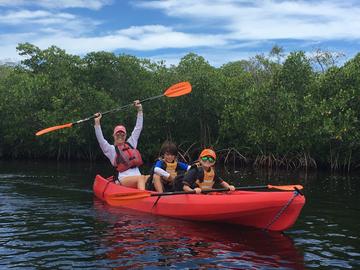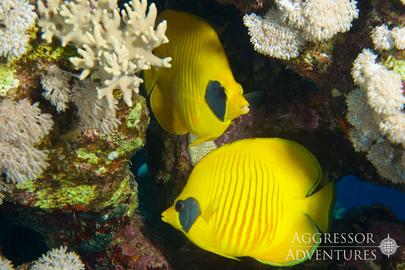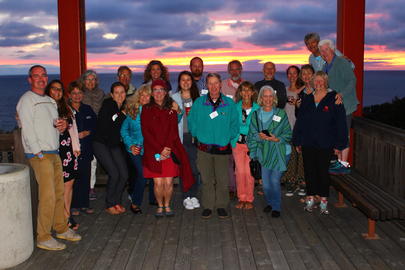Culling can be an effective management tool for reducing populations of invasive species to levels that minimize ecological effects. However, culling is labour-intensive, costly, and may have unintended ecological consequences. In the Caribbean, culling is widely used to control invasive Indo-Pacific lionfish, Pterois volitans and P. miles, but the effectiveness of infrequent culling in terms of reducing lionfish abundance and halting native prey decline is unclear.
Through the analysis of acoustic recordings of captive Pterois spp., this study has confirmed anecdotal evidence that Pterois spp. are soniferous. This report of sound production in Pterois spp. provides the foundation for future research into their specific acoustic capabilities including sound production mechanisms, the role of social behaviour and applied techniques for controlling and monitoring invasive Pterois spp. in the tropical and temperate western Atlantic Ocean. REEF staff, Lad Akins, was a co-author.
The authors evaluated Goliath Grouper’s use of mangroves as essential nursery habitat by estimating absolute abundance, density, survival, age structure, home range, mangrove habitat association, habitat quality, and recruitment to the adult population. REEF Volunteer Fish Survey Project data from 1993 to 2004 collected in Florida were used to determine sighting frequency of Goliath Grouper.
REEF Volunteer Fish Survey Project data were used in this publication to help elucidate annual mean abundance in Goliath Grouper at sites off the southeastern coast of Florida. The authors further used the data to look for probable spawning sites. The data showed the buildup of the Goliath Grouper population in the spawning area off SE Florida over time. However, there was insufficent survey effort to demonstrate a pattern off SW Florida.
May 2020 Update: Due to the situation surrounding COVID-19, Ocean Explorers Camp will not be offered this summer. Please check our calendar for information about upcoming events.
Three weeklong camp sessions to be offered in Key Largo this June and July
Last year, REEF's Volunteer Fish Survey Project began collecting data in the Indian Ocean and Red Sea, and this year we are looking forward to our inagural Field Survey Trip to the Red Sea. The calm, clear waters of the Red Sea are known to be a kaleidoscope of colorful fish and soft coral life. Our first Field Survey Trip to this area will focus on diving in the southern Red Sea's coral gardens, walls, and lagoons, including sites like St. John's and Fury Shoal.
Last month we successfully conducted our 19th year of the Grouper Moon Project. Around the winter full moons each year, our field team joins forces in the Cayman Islands to study one of the last remaining, and largest currently known, spawning aggregations of the endangered Nassau Grouper. Since 2001, REEF and the Cayman Islands Department of Environment have collaborated on this project.
To celebrate our sustaining donors and most active volunteer surveyors, we annually host REEF by the Sea during the first weekend in March. This year's celebration took place earlier this month in San Diego, California. This invitation-only event included three days of presentations, socials, and guided tours of facilities around the Scripps Institution of Oceanography campus.
Just in time for St. Patrick's Day, meet March's Fish of the Month, the Horseshoe-tailed Dottyback (Pseudochromis tapeinosoma)!





